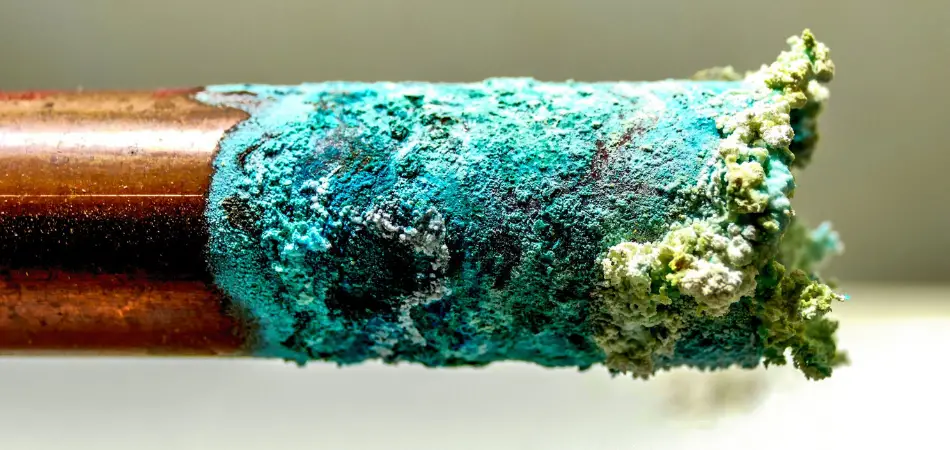Some metals speed up the rusting of other metals. Copper is one such metal, and it is frequently used as a thin sheet to coat iron or steel objects that need to be protected from rust. The combination of copper and iron, known as brass, is especially susceptible to corrosion, especially in moist, salty environments. Therefore, why does copper speed up rusting?
Copper acts as an accelerator to help iron rust faster. Iron rusts well enough on its own, but the addition of copper speeds up the process. This is because copper makes it easier for iron to oxidize, which is another way of saying that it makes it harder for iron to release electrons.
Also, copper can cause rusting in a variety of ways. In some cases, the moisture in the air is all that needs to be present for rust to occur. Copper is one of many materials that reacts when coming into contact with water, such as rain or dew, and oxygen in the atmosphere to form a chemical called copper oxide.
Contents
What Does Rusting Mean?
Before we can understand how coppers rust, we have to understand what we mean by rust. Rust means an oxidation process which happens when irons or other metal alloys which consist of irons stay prolonged in moist places.
When copper corrodes is different from when iron rusts. When iron rust it shows a yellow-brown coating which comes during oxidation.
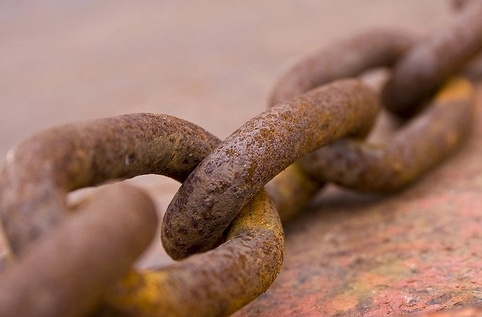
However, note that not all oxidation processes lead to rust. Even with proper care and preservation, iron will eventually rust. Asides Copper, metals like bronze and brass also oxidizes which leads to corrosion.
Therefore, unlike iron, copper doesn’t rust, it corrodes.
What Does Corrosion Mean?
Corrosion happens when an element which has affinity to releasing electrons like precious metals has contact with another element which absorbs additional electrons.
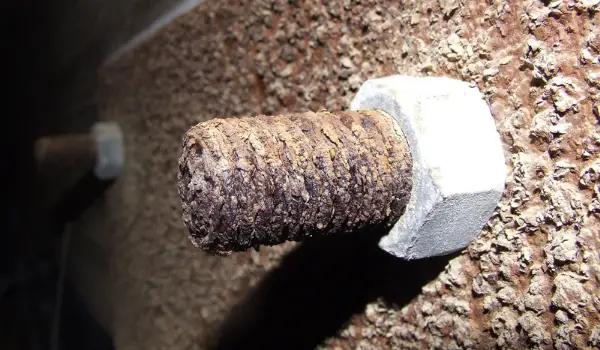
This hastens the transfer of electrons from metal to O2. When a copper corrodes, it shows an elegant blue-green color known as Patina which is visible because it has started losing electrons.
Which Factors Can Make Copper Corrodes Easily?
Copper and other copper alloys are susceptible to oxidation which causes its skin to undergo change. Asides water which makes copper rust easily, here are some other factors:
- Salt Water: When your copper stays over exposed to salt water, it will quickly rust. That is why ships’ equipment and other appliances on sea rust faster.
- Heat: Humidity is important when rusting takes place. When copper is kept in a place where the heat level is high, it will corrode quickly. Keeping the place where coppers are kept cool will protect it.
- Acidic Compounds: When coppers are exposed to ferric and other harsh compounds, it will corrode faster than expected. Coppers should be placed where unpopulated air and non-oxidizing acids are. However, when they are exposed to sulfur, ammonia and road salt they corrode.
What Are the Effects of Copper Corrosion?
When iron rusts, it shows a reddish-gray coating which doesn’t stick with the skin. Instead, it peels off gradually and weakens the resistance of the metal.
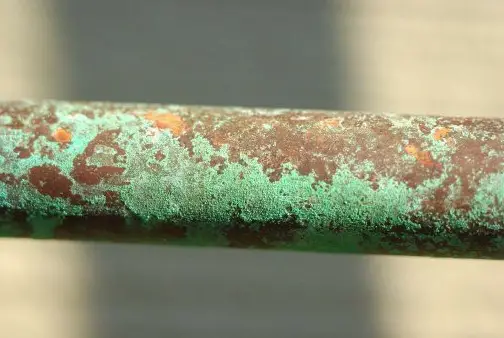
However, this isn’t the case for copper corrosion because when copper corrodes, there is an appealing Patina which retains its beauty and stops exposure to air.
This is the reason metals are preferred for the roof, sewage systems and outdoor works. Furthermore copper corrosion stops free flow of electricity, this makes designers, therefore those working with power should be careful when using copper.
Factors that Quickens Copper Corrosion
There are some conditions which cause corrosion when copper stays prolonged in the ground:
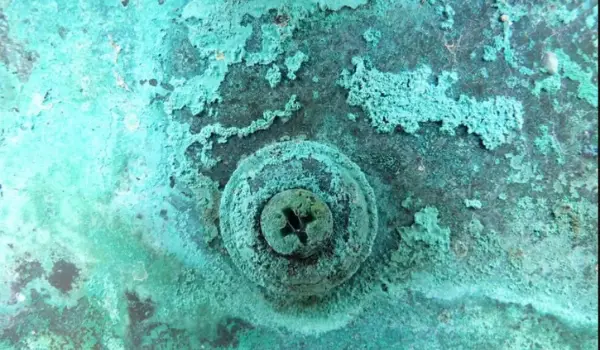
- Aggressive soil: When the soil that the copper is passed through is abnormally harsh, there is a possibility that corrosion will happen. Certain soils like clay are suspected to hasten copper corrosion
- Faulty workmanship and shady handling: Another underrated factor which can affect copper corrosion is when the electrician does a bad job. Also, there could be some faulty electrical problems which could affect it.
- Galvanic reactions: When there are different materials used with copper, it could hasten copper corrosion. There are some elements which don’t work well with copper, it is important to avoid those metals.
- Toxic air pollutants: There are some toxic air compounds like H2S which can affect a copper surface property. When this happens, it reduces adhesion emitted during chemical reaction.
- Cyanides: Also, avoid letting cyanides come close to copper. They have a bad effect on copper pipes and other copper alloys.
Metals that Have High-Resistance like Copper
Copper doesn’t corrodes easily like most metals, however there are other metals in this category, they are :
Stainless Steel
Stainless steel has different compounds which have at least 25% chromium. This is a hyper-active element. These chromium oxides quickly while forming a durable layer for the stainless steel skin.
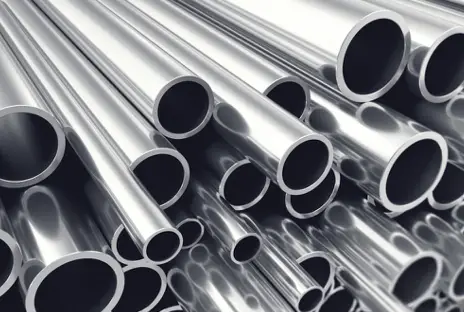
Asides from resisting corrosion, it stops oxygen from getting past the steel. Nickel and Molybdenum also help stainless steel repel corrosion.
Aluminum
Many helicopters and planes are made from aluminum because it is lightweight and takes time to rust. Aluminum has no iron element, and without iron, it is impossible for metals to rust. However, note that when exposed too long in water, it oxidizes .
Brass and Bronze
These two metals have no iron elements, therefore, they don’t rust, but react to oxygen. Bronze is composed of copper and Little elements of other light compounds, which makes it more resistant to corrosion.
Brass is composed of zinc, copper and other natural elements. This makes it impossible for it to undergo rust.
Galvanized Steel
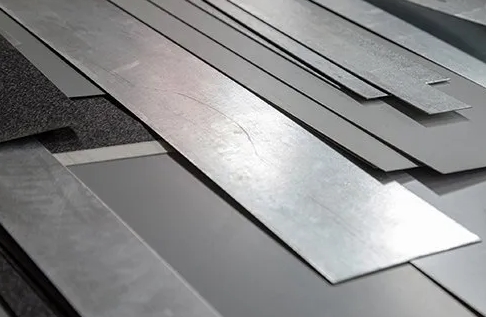
For galvanized steel, it will rust, but it will take a long time. Galvanized steel is a type of carbon steel coated with a durable layer of zinc.
This zinc acts as a preventive mechanism which stops water and oxygen from reaching it. Even when the zinc coating starts to wear off, the layer using cathode protection will continue to protect it.
Conclusion
The speed of rusting depends on the Compounds and elements it is exposed to. So, Why does copper speed up rusting?
The answer is Copper speeds up the rusting process when other elements like salt, ammonia and dangerous elements are introduced. It is important to note that while iron rust, copper corrodes.
There are some factors which can hasten the corrosion of copper, they are air pollutants like H2S, faulty workmanship and aggressive soil composition.
Other metals which can resist rusting like copper, includes brass, bronze and stainless steel & nbsp.

